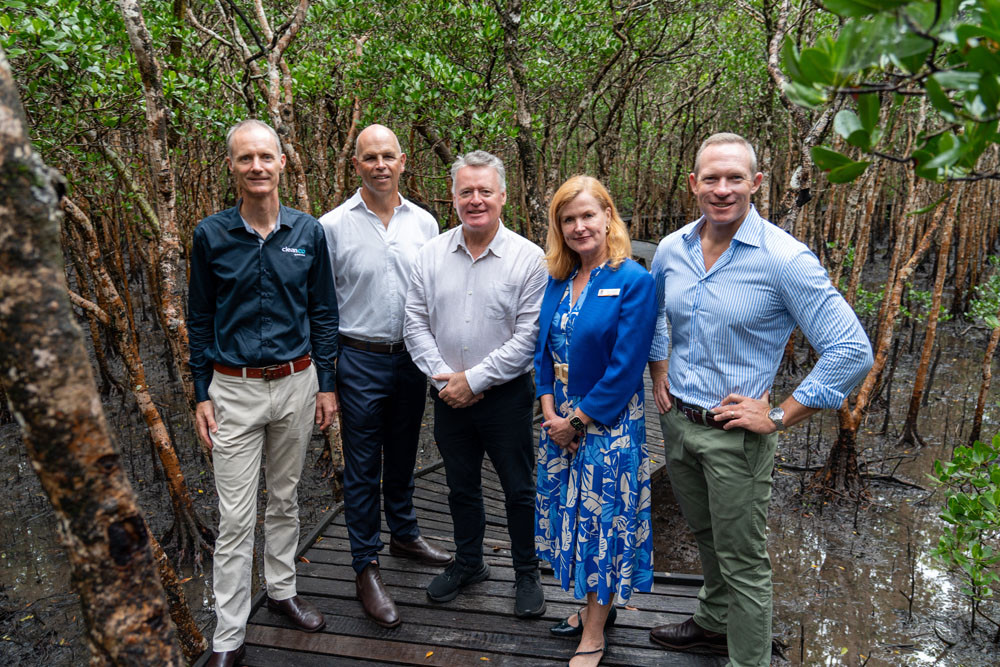General News
21 April, 2024
Airport’s 2025 clean target
A NEW landmark agreement has Cairns Airport on the path to becoming carbon-neutral by next year, which would make it among the first in Australasia.

Cairns Airport, through operator the North Queensland Airports Group (NQA), recently entered a six-year partnership with state-owned CleanCo Queensland.
The agreement, from January next year, means 100 per cent of the airport’s electricity, and that of tenants, will be powered by renewable energy.
Airport chief executive officer Richard Barker said investing in good environmental practice was the right thing to do.
“Cairns Airport is a key economic driver for tropical north Queensland and we see it as our responsibility to balance our core aviation business with the protection of our natural surroundings,” he said.
“Our region is rich in world-class natural assets and cultural experiences, which are key drawcards for visitors and integral to the local lifestyle.
“Cairns Airport is committed to achieving net zero emissions (for scope 1 and 2) by 2025, a significant target which would make us among the first carbon-neutral airports in Australasia.”
The collaboration with CleanCo encompasses Mackay Airport, also owned by NQA. The majority of the renewable energy will be supplied locally by the Kaban Green Energy Hub near Ravenshoe.
Energy, Renewables and Hydrogen Minister Mick de Brenni said: “We know that tourists come from around the world to visit the pristine sites of the Far North, and with the tourism industry the biggest employer in the region, initiatives that take action on climate are critical.”


